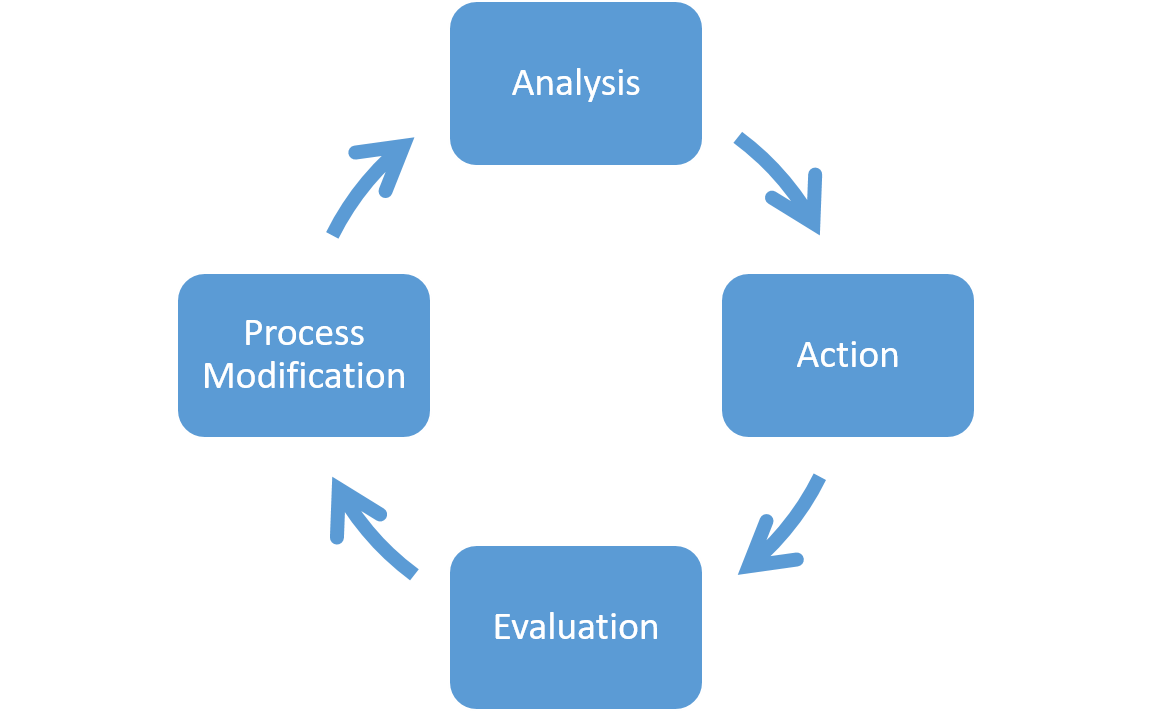 |
Dr. rer. nat. Matthias Gottlieb |
Research interest
Digital Transformation, Efficiency and Effectivity, Feedback Systems, Digital Services
Especially: Digitizing of Business Processes, Human-Computer-Interaction (HCI), Informationsmanagement, Cooperative Systems.
Background
I studied Information Systems (Wirtschaftsinformatik) and Computer Science at the Technical University of Munich (TUM). After my studies I received my doctorate at the Chair of Business Informatics at the TUM. During my doctorate I was allowed to accompany numerous students in their bachelor and master theses.
Together with the students, I developed a driving simulator for research. As expected, this was a very mechanical engineering topic. Far from it. On the contrary, it is a very interdisciplinary project, as is research in the fields of information management and automotive services. This is particularly fascinating, as different perspectives have to be coordinated - from design to program.
The supervised work and the departments Automotive Service Engineering, Business Administration, Mechanical Engineering, Mathematics, Computer Science: Games Engineering, Psychology and Business Informatics show a wealth of facets. They range from business models to simulator performance to the design of feedback systems. In total, I successfully supervised over one hundred students.
Feedback systems are not only displays in the classical sense like screens, but also smartwatches and head-up displays. There are no limits to the thoughts here. To be honest, the technical possibilities of our time limit the implementation of our thoughts. I have created this page so that you too can keep your focus. Let us shape your academic career together!




